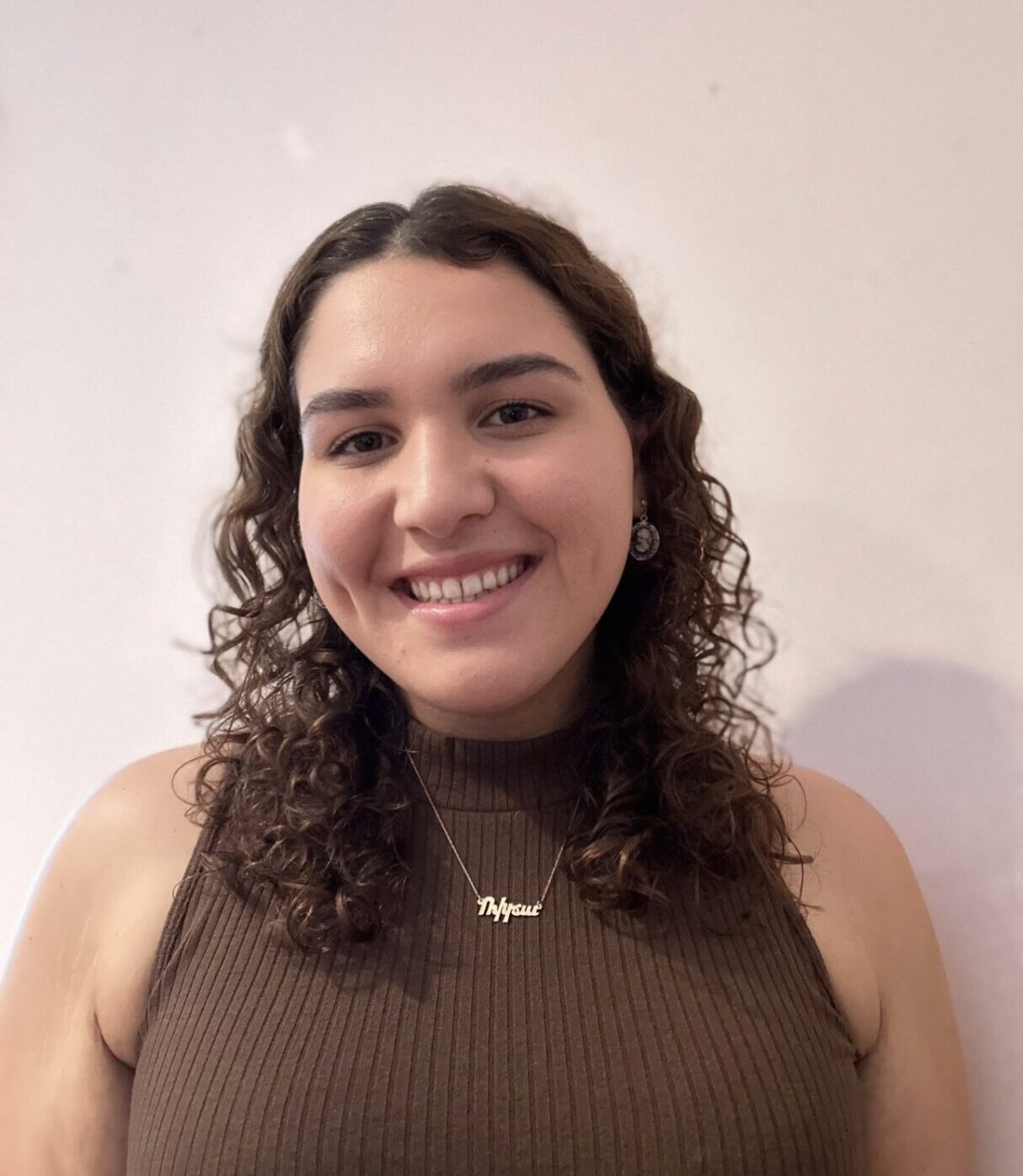Our past experiences can greatly influence our current lives. Although we cannot go back in time and change what happened, we can learn the skills and tools to explore and manage our hurtful past experiences effectively. Any event, whether it is a single or an ongoing one, can have a traumatic impact that influences one’s ability to cope. Emotional trauma is known as an emotional response, following a situation or event, that influences one’s thoughts, patterns, and/or behaviors. It can be severely overwhelming and impact one’s sense of self, safety, and well-being. Healing from emotional trauma is a slow and intimate journey requiring one to develop self-compassion, increase self-esteem, and practice healthy coping mechanisms. It is a non-linear process that requires an abundance of patience.
Can past trauma ruin a relationship?
Emotional trauma can carry over into our relationships. Some signs of this may include an increased sense of anxiety, fear, negative thought patterns, and mood swings. Previous triggers can manifest in current relationships and impact trust. For example, a hurt partner who has been cheated on may become constantly suspicious of their new partner’s behaviors. These triggers may come up abruptly and intensely, impacting the most crucial foundations in any relationship – trust, and communication. When a hurt partner enters into a new relationship, they may have difficulty letting their guard down and communicating openly with their new partner because they fear being hurt. This can lead to misunderstandings, conflicts, and resentment down the line.
The following are 3 tips to help you begin your journey toward healing from past trauma.
1. Self-Compassion
Show yourself kindness. Accept yourself for who you are, your imperfections, and your strengths/weaknesses. Just as you would treat a loved one or friend with warmth and gentleness, treat yourself the same. For example, you have a friend going through a difficult breakup. You would not judge or criticize your friend, rather, you would show your friend compassion and reassure them they’ll get through it. Incorporate the same attitude and positive self-talk for yourself. Accept yourself for who you are and what has happened instead of thinking about who “I should be” or what “should’ve happened”.
2. Healthy Coping Skills/Self-Soothing Techniques
Practice grounding exercises and healthy coping skills whenever you are feeling distressed or anxious. For example, try a breathing technique by inhaling for 4 seconds, holding your breath for 7 seconds, and exhaling for 8 seconds (slowly). Repeat this several times. Other examples could include regularly exercising, eating a healthy meal, partaking in a hobby, etc.
Next, start practicing a skill by seeking to understand what is coming up for you. Take a moment to reflect on your thoughts, feelings, and behaviors. Listen to what is going on in your mind and body. Don’t shame yourself for these thoughts and behaviors as it will hinder growth. Rather, accept them unconditionally and practice re-framing techniques. For example, you are critical of yourself for an action/behavior you wish you didn’t just do. Recognize the pattern and give yourself grace. Then, practice mindful language such as, “I am not being fair to myself. I feel angry at myself for what I did, but that does not mean I am a bad person”.
3. Utilize your support system
Building a strong support system is crucial to your healing and recovery. Make time to speak with trusted friends and family members that convey compassion, safety, and security. This can include support groups, a therapist, and community resources as well. Having a support system can help you feel understood and connected throughout your healing process.
If you’re looking for further assistance, seek therapeutic health toward your emotional healing or the healing within your relationships. At Avedian Counseling Center, we have professionals to assist you in navigating the complexities and challenges of healing from emotional trauma and issues within relationships. To learn more about our services and receive support, reach out today to pave the way toward your growth.
Rita Akhian, AMFT#142256 is an Associate Marriage and Family Therapist at Avedian Counseling Center offering individual, couples, and family therapy in Sherman Oaks and Glendale. Rita works under the licensed supervision of Chrys Gkotsi, LMFT #113638.

Rita Akhian, AMFT#142256 is an Associate Marriage and Family Therapist at Avedian Counseling Center offering individual, couples, and family therapy in Sherman Oaks and Glendale. Rita works under the licensed supervision of Chrys Gkotsi, LMFT #113638.




